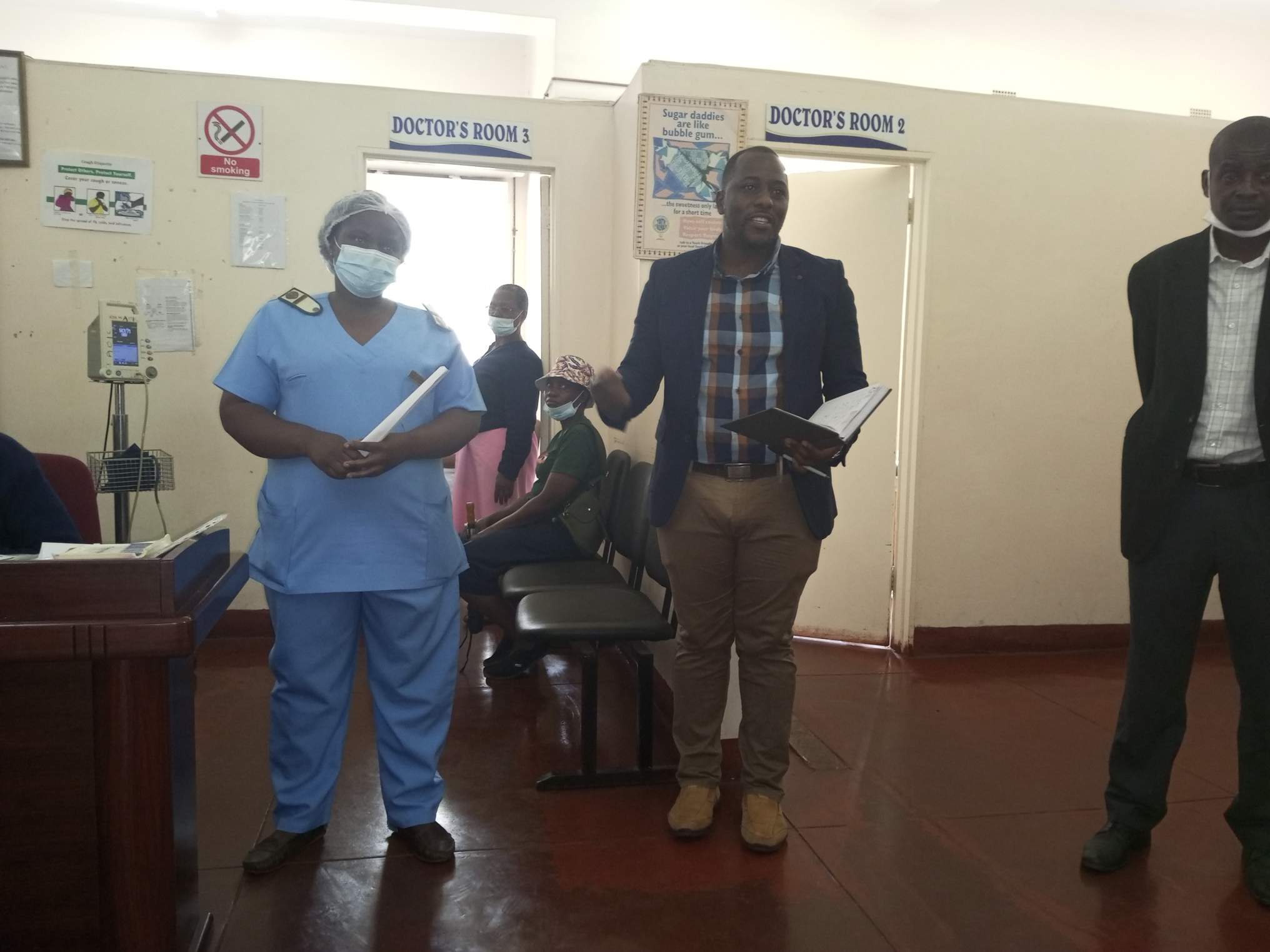|
Getting your Trinity Audio player ready...
|
Sally Mugabe Central Hospital, Zimbabwe’s biggest referral hospital with a 350-bed capacity, is recording an impressive HIV response, a tour of the facility’s opportunistic infections department has revealed.
Speaking to journalists during the National AIDS Council (NAC) organised tour of the health facility, Dr. Steady Matokwe, the Medical Officer for Sally Mugabe Central Hospital Opportunistic Infections (OI) Clinic who was seconded to the institution by AIDS Healthcare Foundation (AHF) said due to the medical interventions, the HIV suppression rate among patients was above 95 percent.
“The HIV response here is very impressive. Our patients on the first, second and third line antiretroviral therapy (ART) all have a suppression rate of above 95 percent. We have a cohort of 4700 HIV patients. Out of these, the number of children is around 900 with the rest being adults.
We offer HIV prevention in terms of pre-exposure prophylaxis which are the tablets and condoms from Natpharm and AFH. Post-exposure prophylaxis involves HIV testing services at 10 points at the facility. We test and link the patient into care. We treat HIV and other opportunistic infections. We offer ARVs and non-ART medicines like antibiotics. We also carry out laboratory testing for meningitis, test CD4 count, and make follow-ups with clients. We also give social support to struggling patients in the form of food assistance where we provide cooking oil, maize meal, and peanut butter. In some instances, patients are given bus fare. This is made possible through the support of partners supported like AHF, PEPFAR, and other community-based organisations,” Dr. Matokwe said.
He said young women who are sexually active comprise a significant number of new positives. The trend also shows that men who are HIV-positive present late at health facilities. Key populations like sex workers, men who have sex with other men (MSM), and truck drivers also produce high HIV positivity.
Elderly patients with other co-morbidities need extra care while drug resistance is on the rise for people on ART for long periods. There is also a need to monitor and offer adequate advice for patients transitioning from being children to adults.






